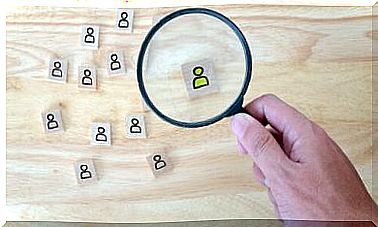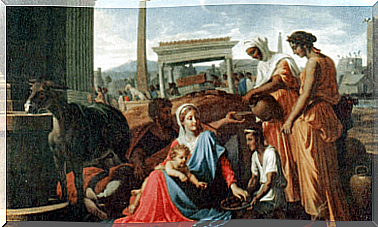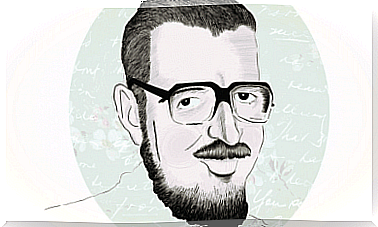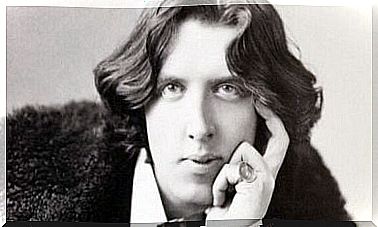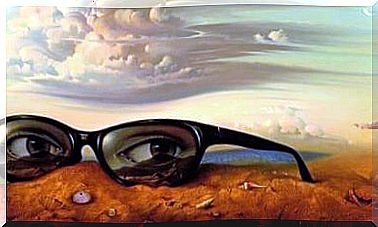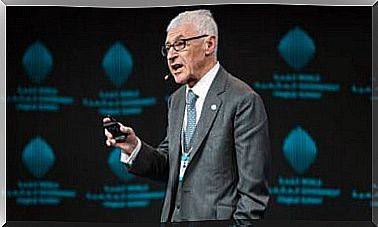5 Fundamental Concepts In The Work Of Byung-Chul Han
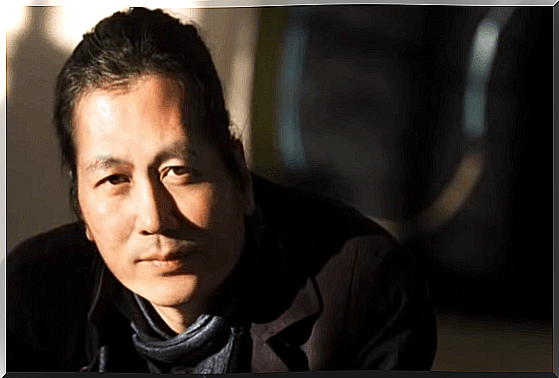
Byung-Chul Han’s work is one of the most interesting of today. However, although it is already very famous and acclaimed, it has not yet become popular enough. Therefore, it is worth analyzing their postulates, especially if we are interested in reflecting on the current lifestyle and the direction we are taking.
This South Korean philosopher and writer is also an expert in cultural studies and has become one of the most recognized voices in contemporary thought. Byung-Chul Han’s work is centered on very current phenomena, such as technology, the culture of excessive work or the effects of the globalization of capitalism.
Some of the most famous titles in Byung-Chul Han’s work are Society of Tiredness, Agony of Eros, Topology of Violence and Psychopathy: Neoliberalism and New Forms of Power , among others. In these works, there are some concepts that stand out and are configured as the main axes of his way of seeing the world. Let’s dig a little deeper into some of them.
Fundamental concepts of the work of Byung-Chul Han
1. Self-exploitation
Much of Byung-Chul Han’s work is based on reflection on how we work today. In an interview given to the newspaper El País, he summed up his thoughts in one sentence: “Now people are exploring themselves and they believe they are coming true”.
For Byung-Chul Han, the current man follows a social mandate: to do everything he CAN. Until recently, people did what they SHOULD do. Now, the human being believes that he must achieve “success”, even at the expense of himself, and he is seriously distressed if he does not triumph. Power doesn’t need to lash you. Each one submits to this regime of work and consumption completely voluntarily.

2. Communication
In the work of Byung-Chul Han, there are also constant references to communication phenomena as we know them today. For him, relationships have been replaced by connections. What is established is a link between information sources scattered around the world.
Byung-Chul Han states that without the physical presence of the other, there is no communication, but an exchange of ideas. All senses except sight are falling into disuse. That’s why, in part, communication has visibly weakened. At the same time, people only look for their “equals”, those capable of giving likes to their ideas. So where is the difference?
3. Garden
Certainly, the concept of a garden is not one of the most worked on in philosophy. In Byung-Chul Han’s work, he has to do with resistance to the impositions of the digital world. This sphere has a very diffuse and negligible materiality. As the philosopher says: “the digital doesn’t weigh, it doesn’t smell, it doesn’t resist, you slide your finger and that’s it”.
In this way, the concept of a garden is a call to return to concrete sensations. Smelling, feeling, groping… The South Korean thinker speaks of the “secret garden”, a reserved space in which people get back in touch with material reality, not mediated by the digital. In his opinion, it is a way to recover what he calls “original beauty”.
4. The other
The other is one of the concepts that is in crisis in today’s society. Seems like the only motto is equalize. The “trends” and “the viral” are manifestations of this desire to belong to a collective that marches in unison.
Byung-Chul Han says the more equal we are, the more production increases. In his opinion, the difference is contrary to the goals of neoliberalism. If there were people who used smartphones and others who didn’t, the market would be harmed. Currently, there is a radical conformism, an enormous passivity that reduces the human being to the condition of client or producer.
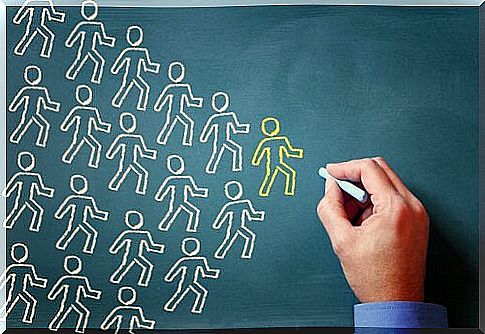
5. The time
Time is another of these critical elements in today’s world. The philosopher claims that a revolution in the use of time is needed. What matters now is the acceleration and the passenger. Do everything very fast and let it go as soon as it arrives. It is an attack on permanence.
For this thinker, it is essential to recover personal time, that is, the time in which we dedicate ourselves. Own time, in addition to the production system. Recover leisure and party moments. Set aside time for the unproductive, not the “break” that makes work more efficient.
Without a doubt, the work of Byung-Chul Han is one of the richest and most interesting in the world today. And it’s not just a work. He himself lives according to the postulates he professes. What he seeks, above all, is to defend his being and his freedom.


